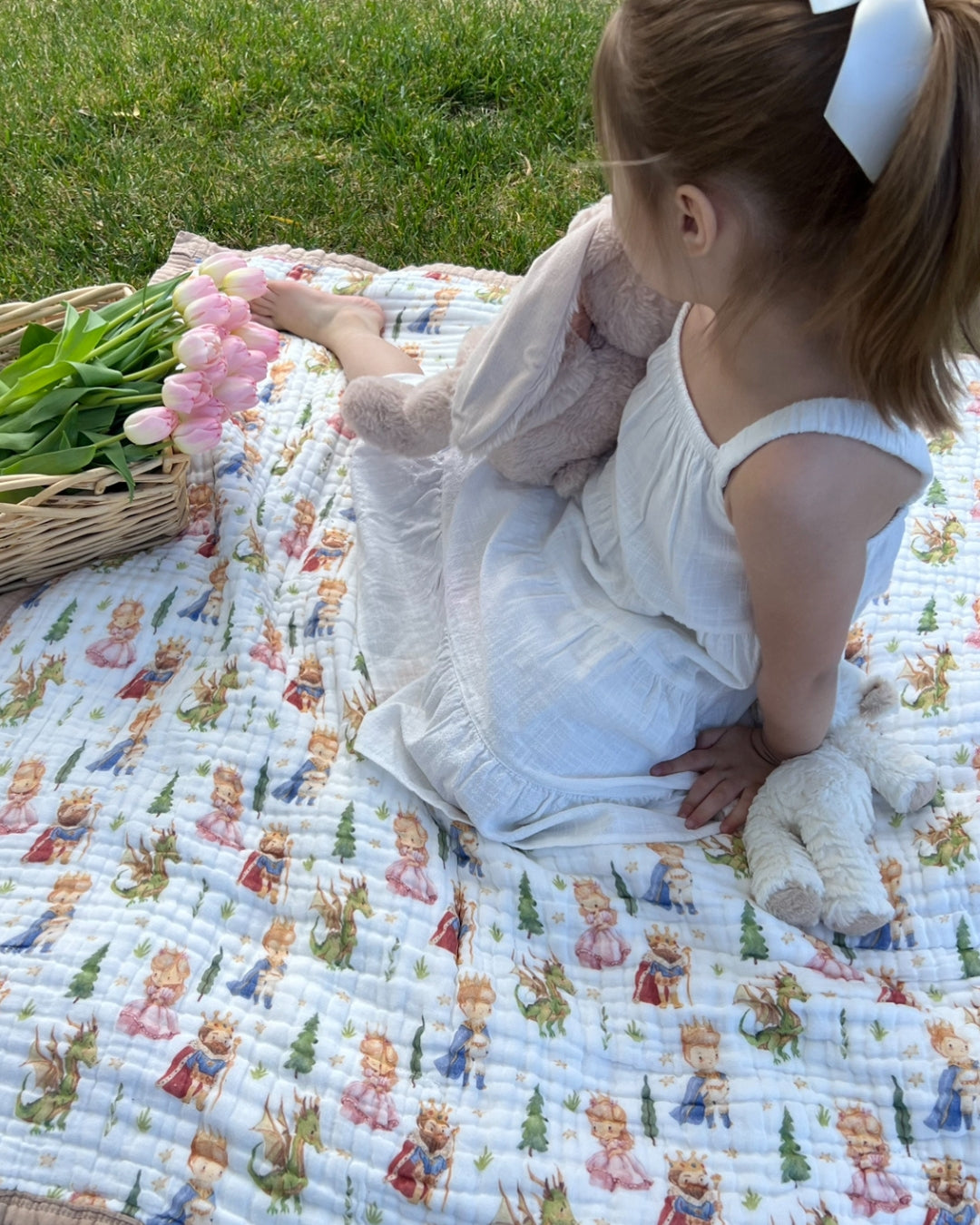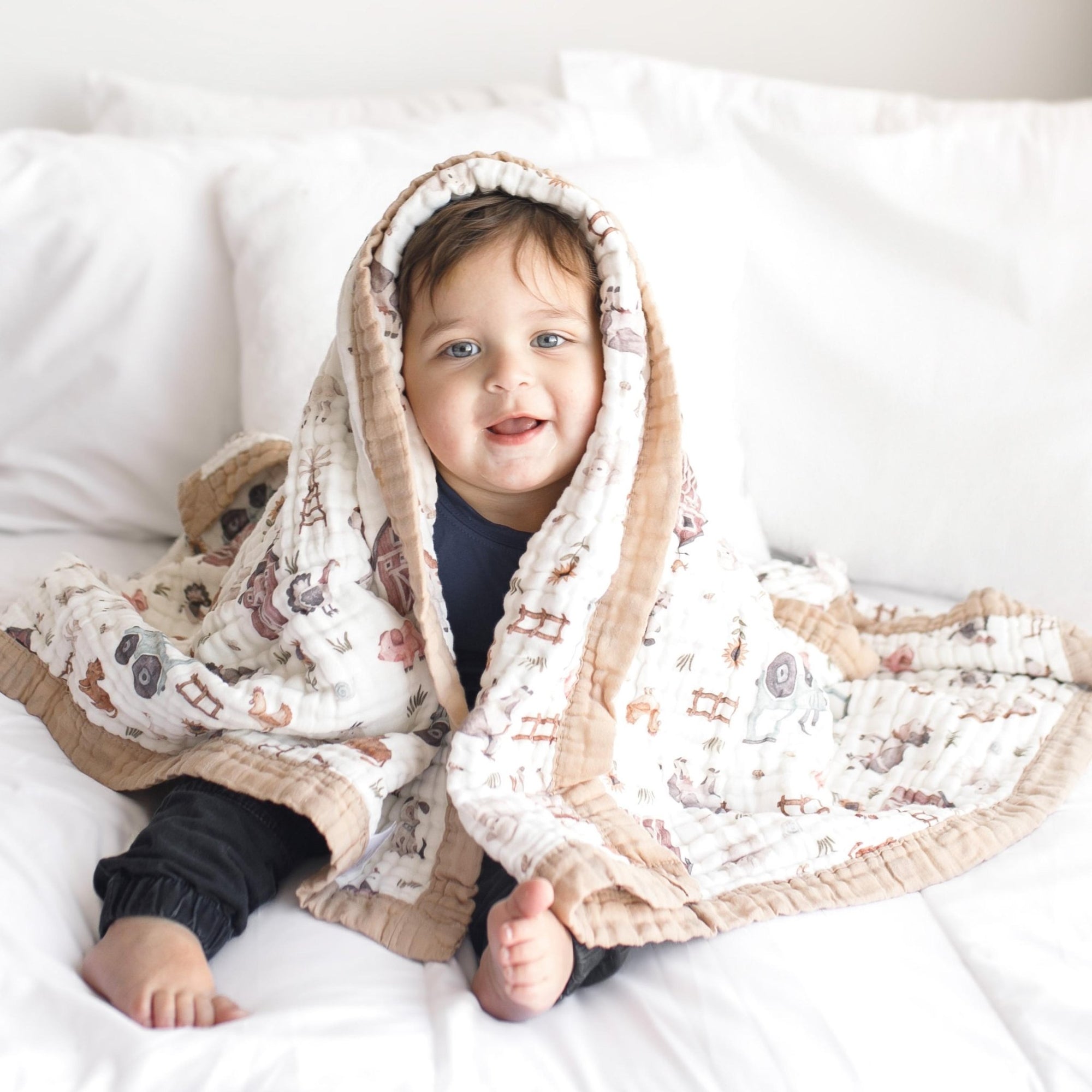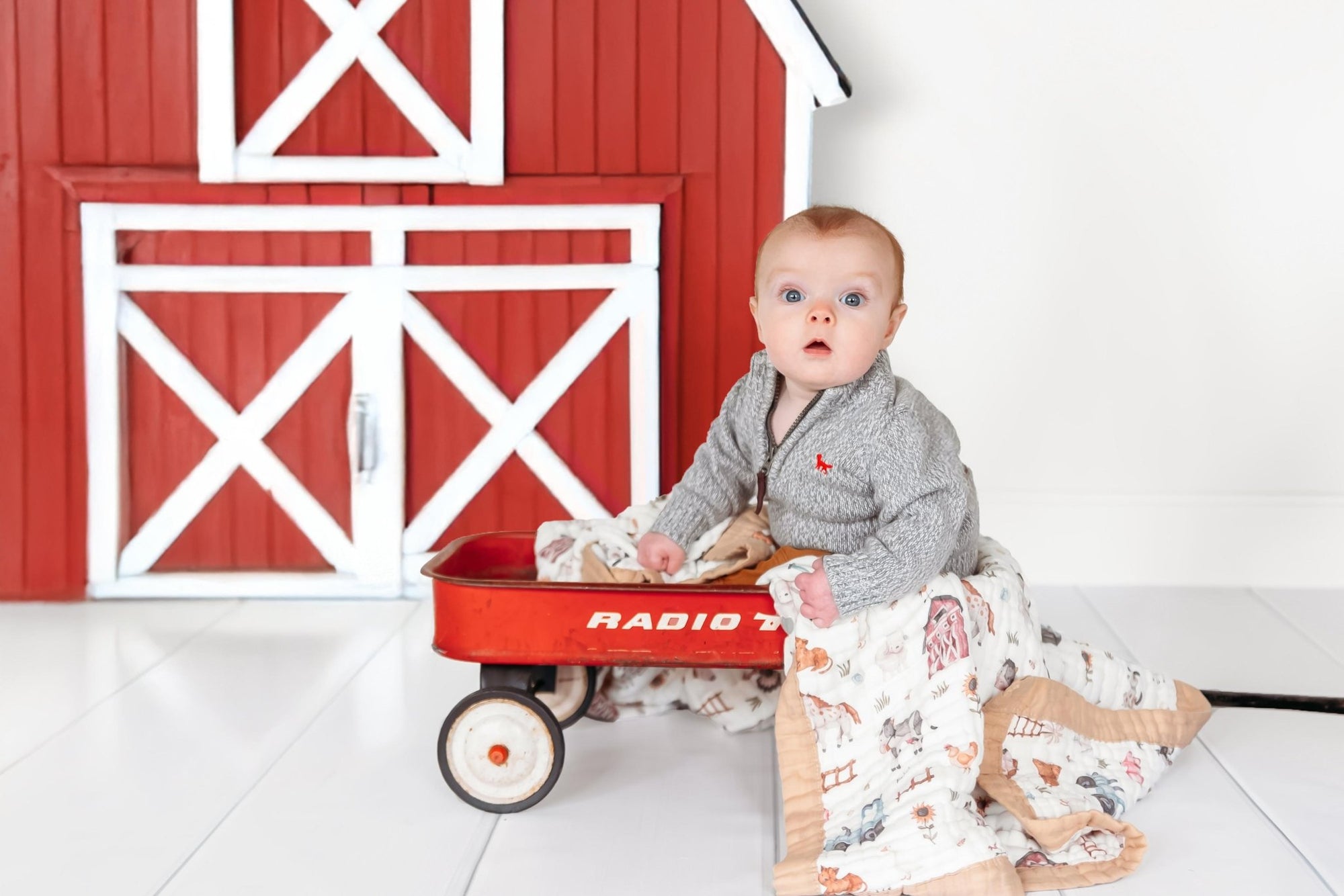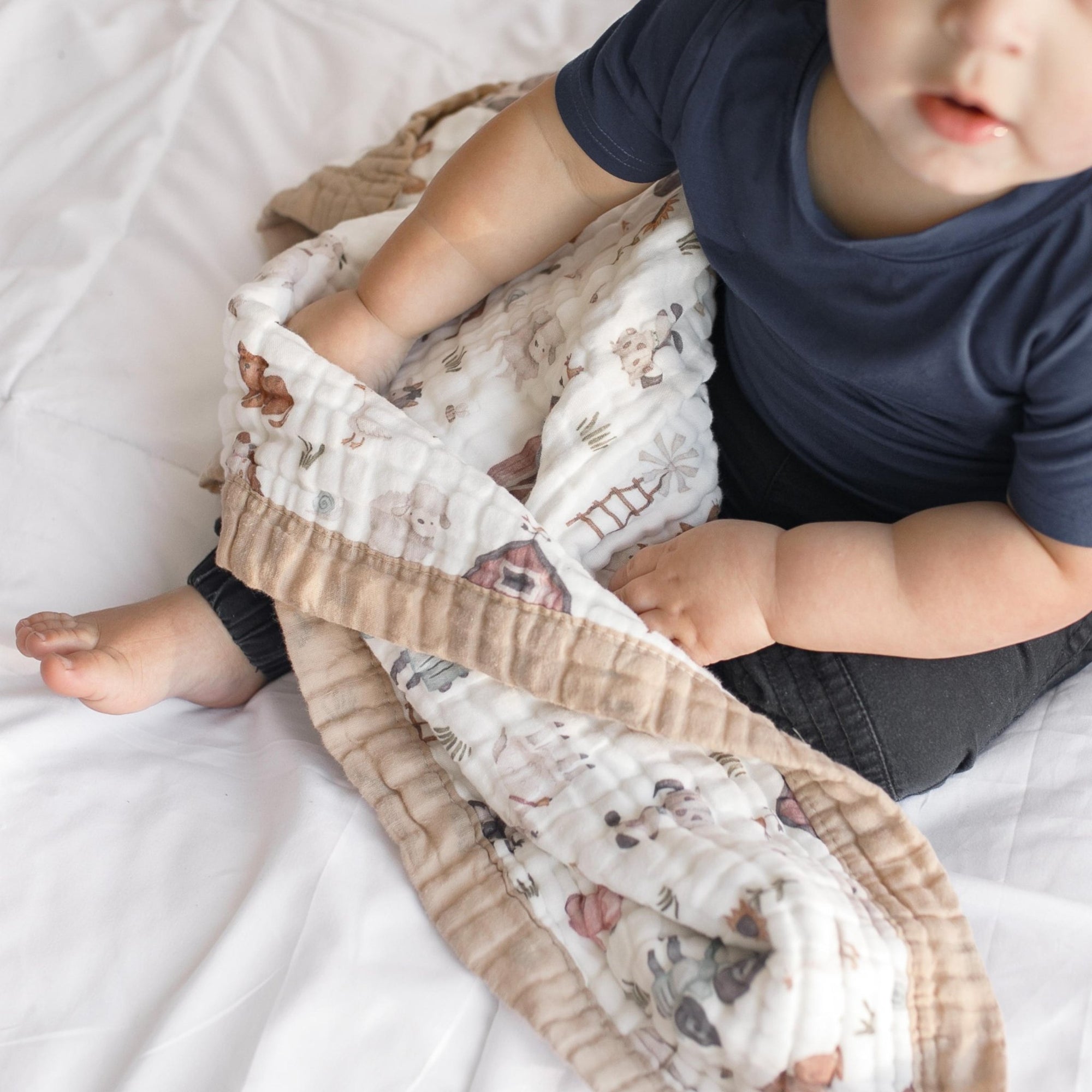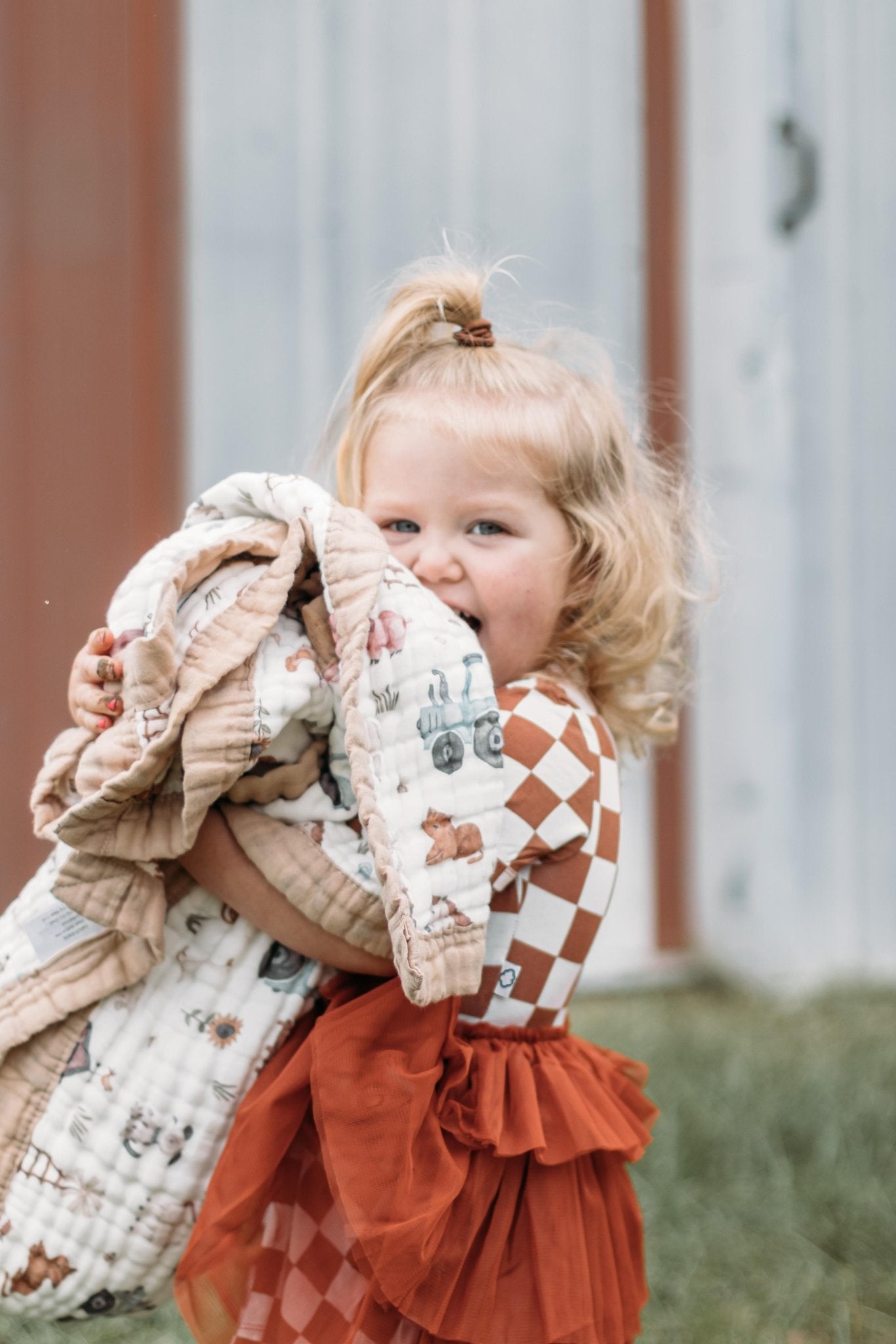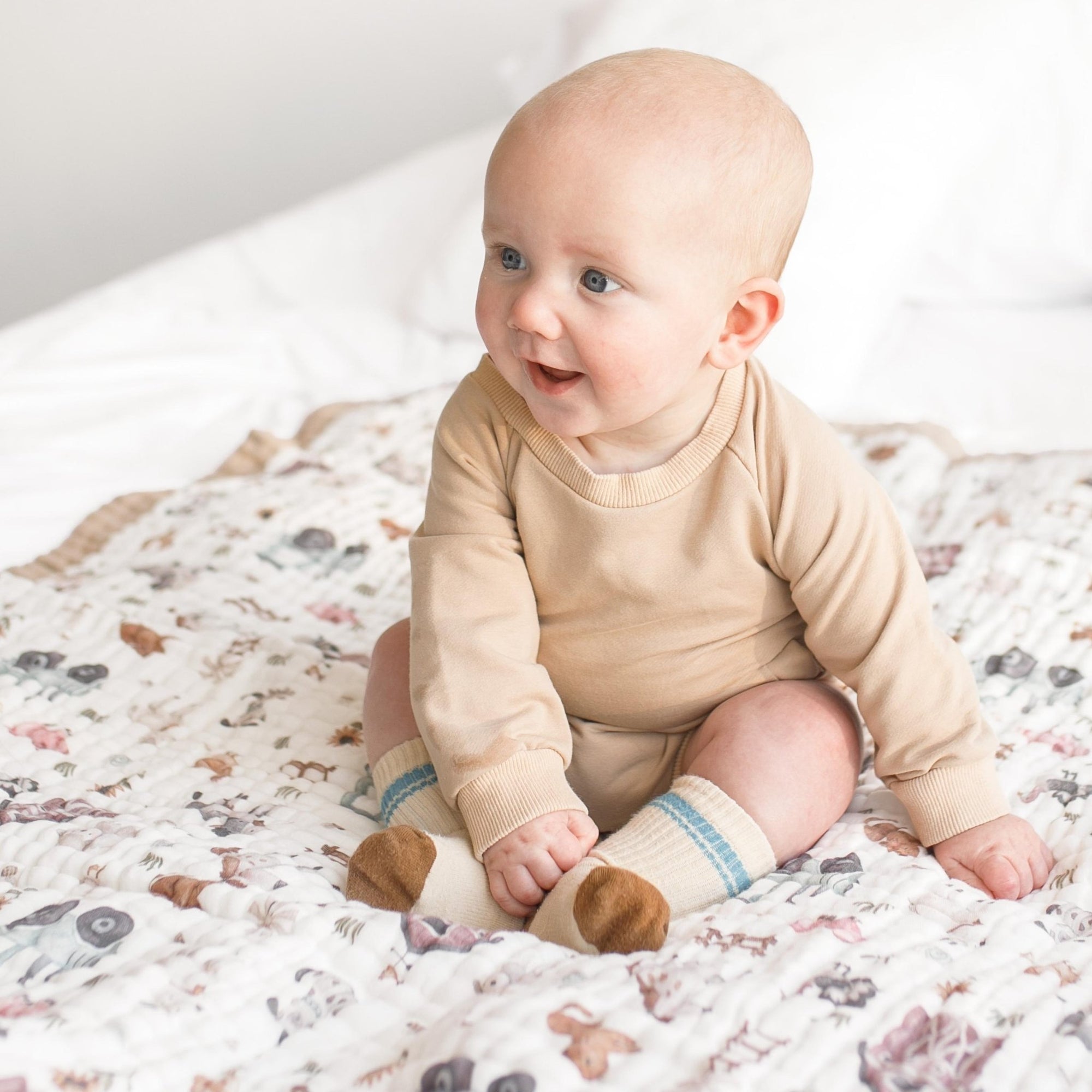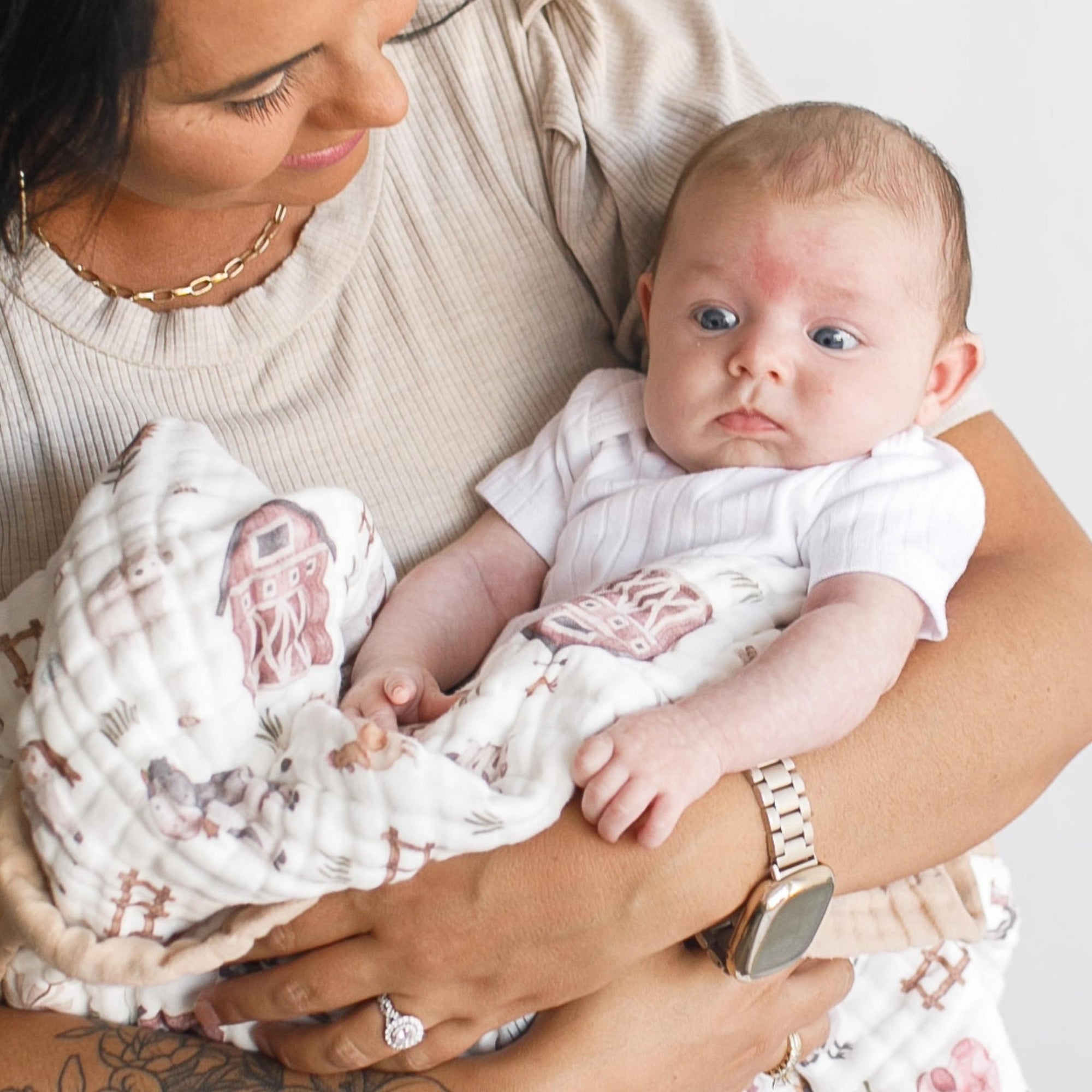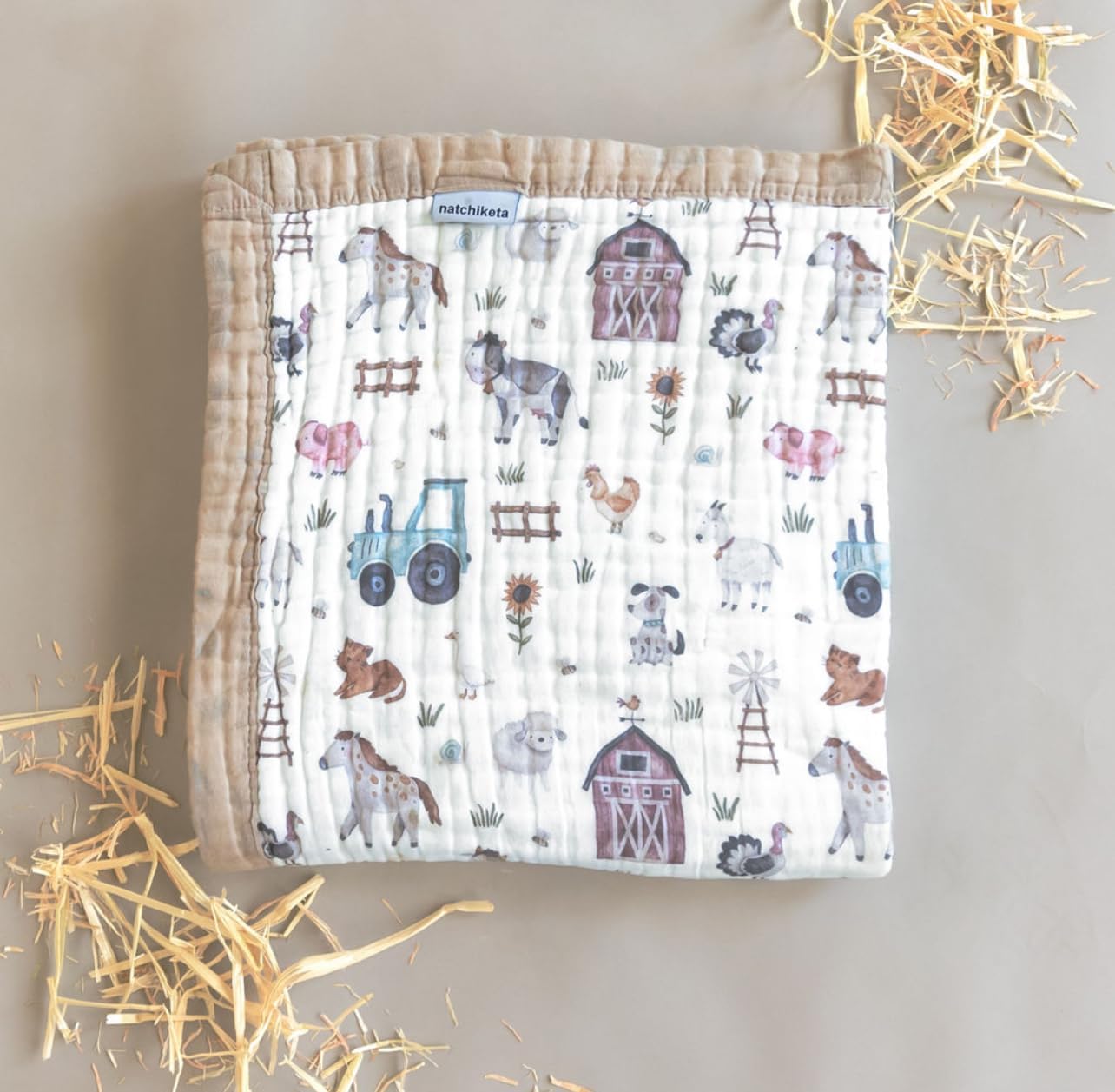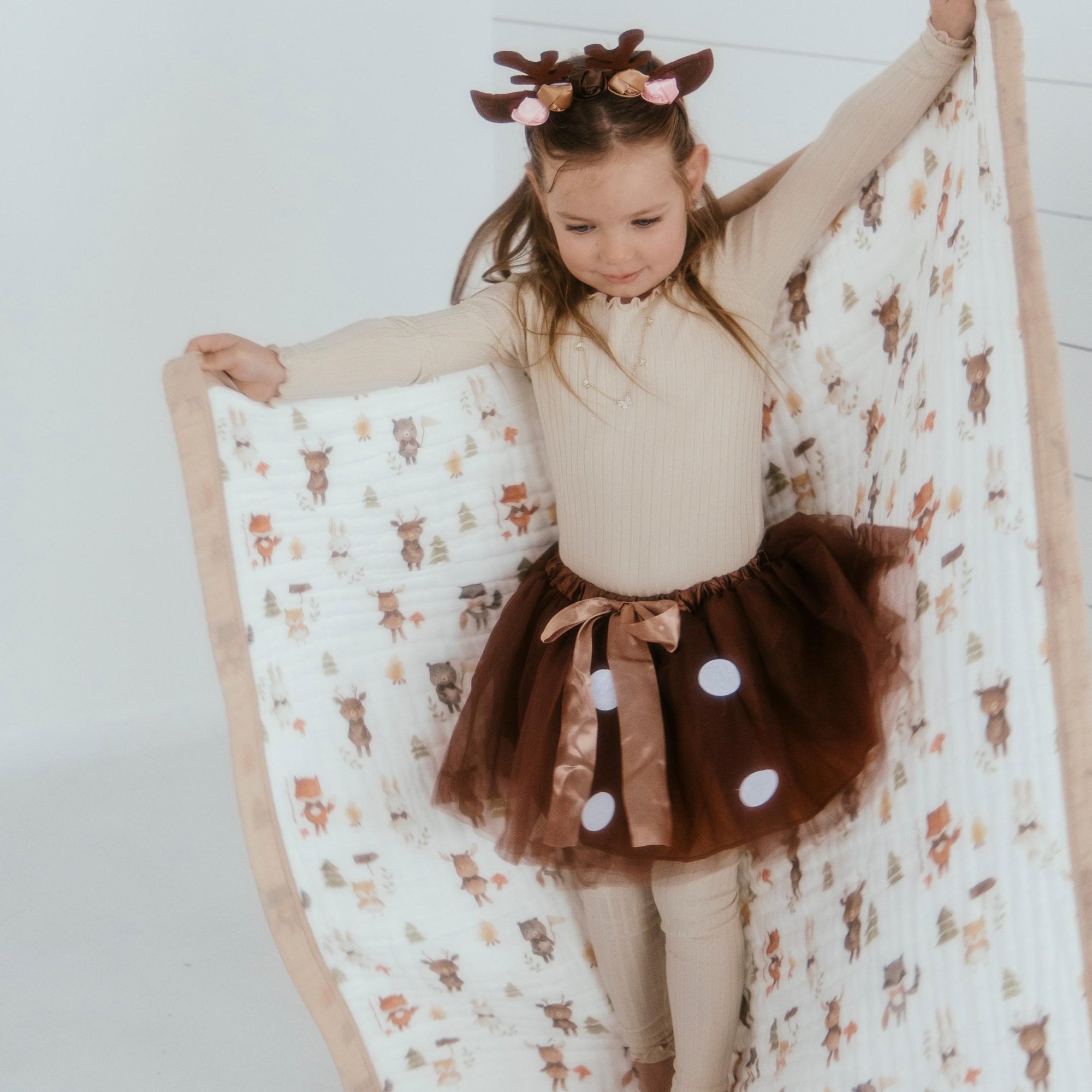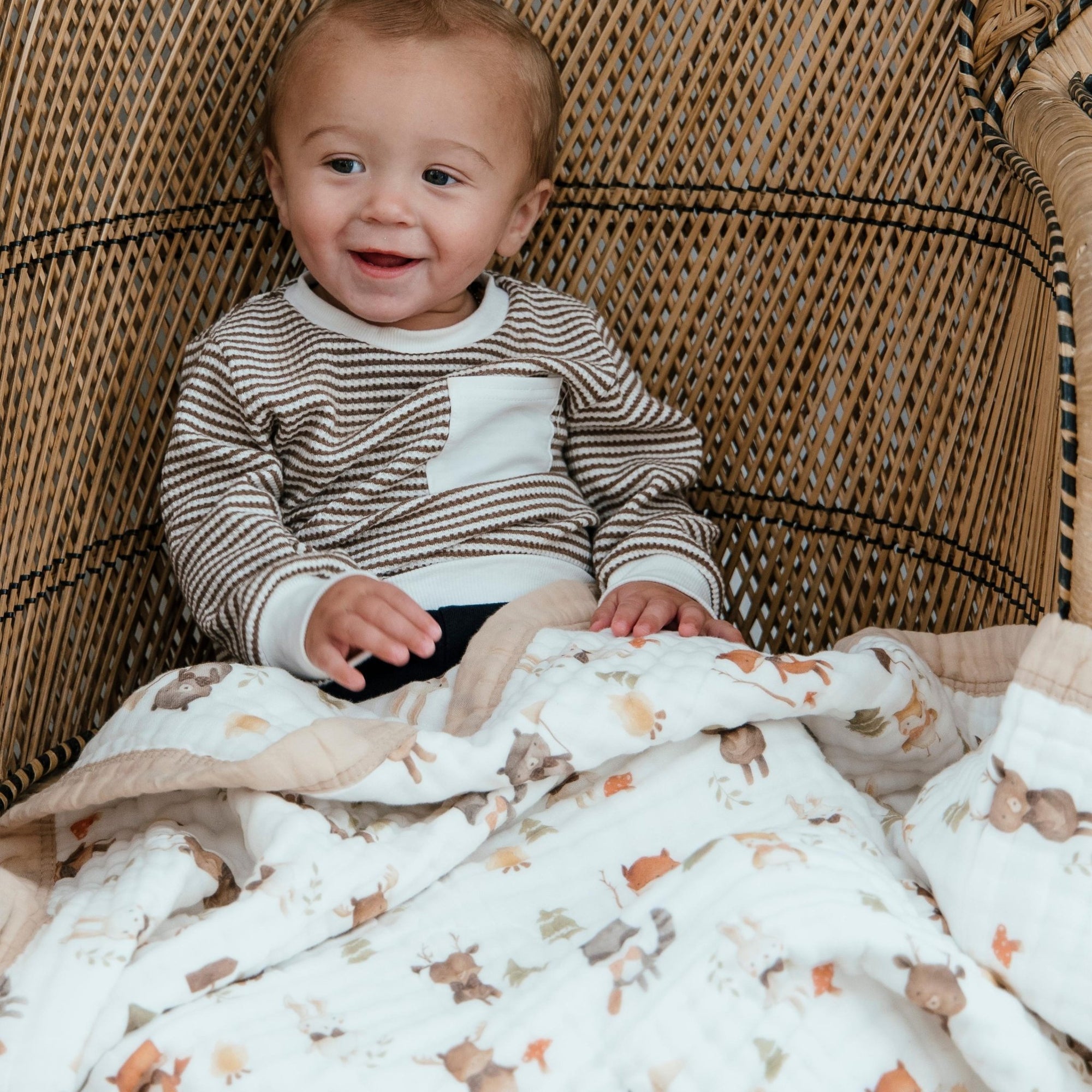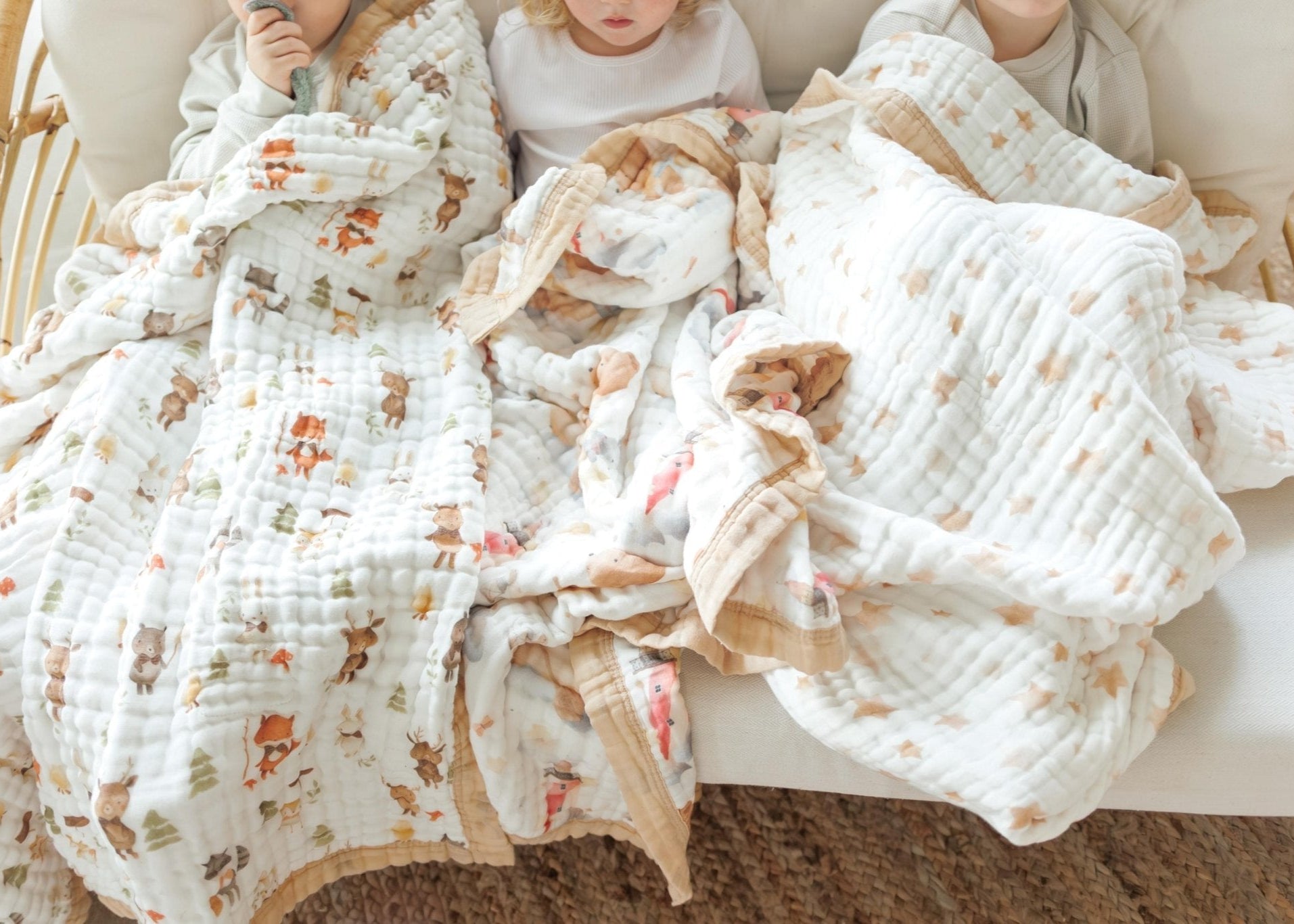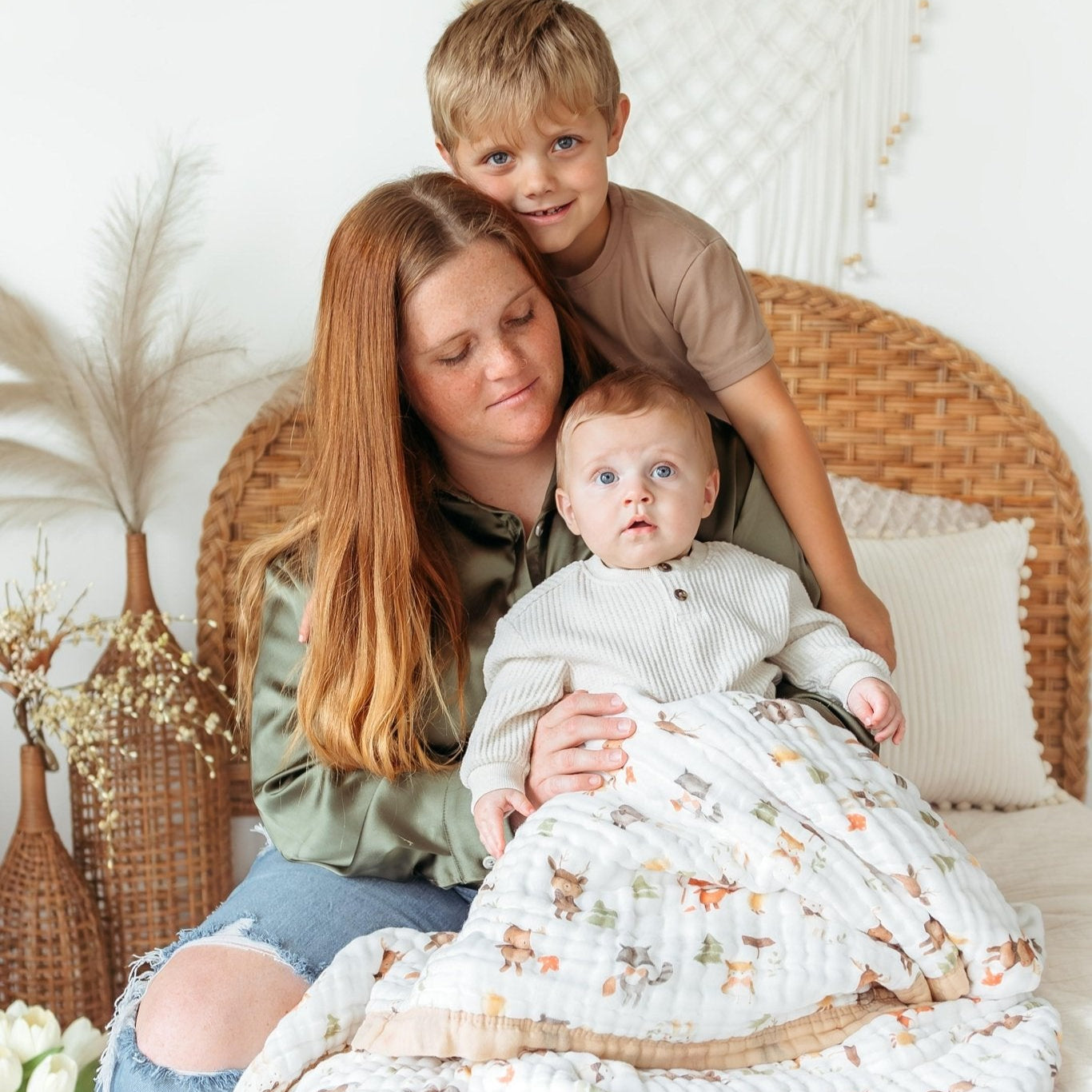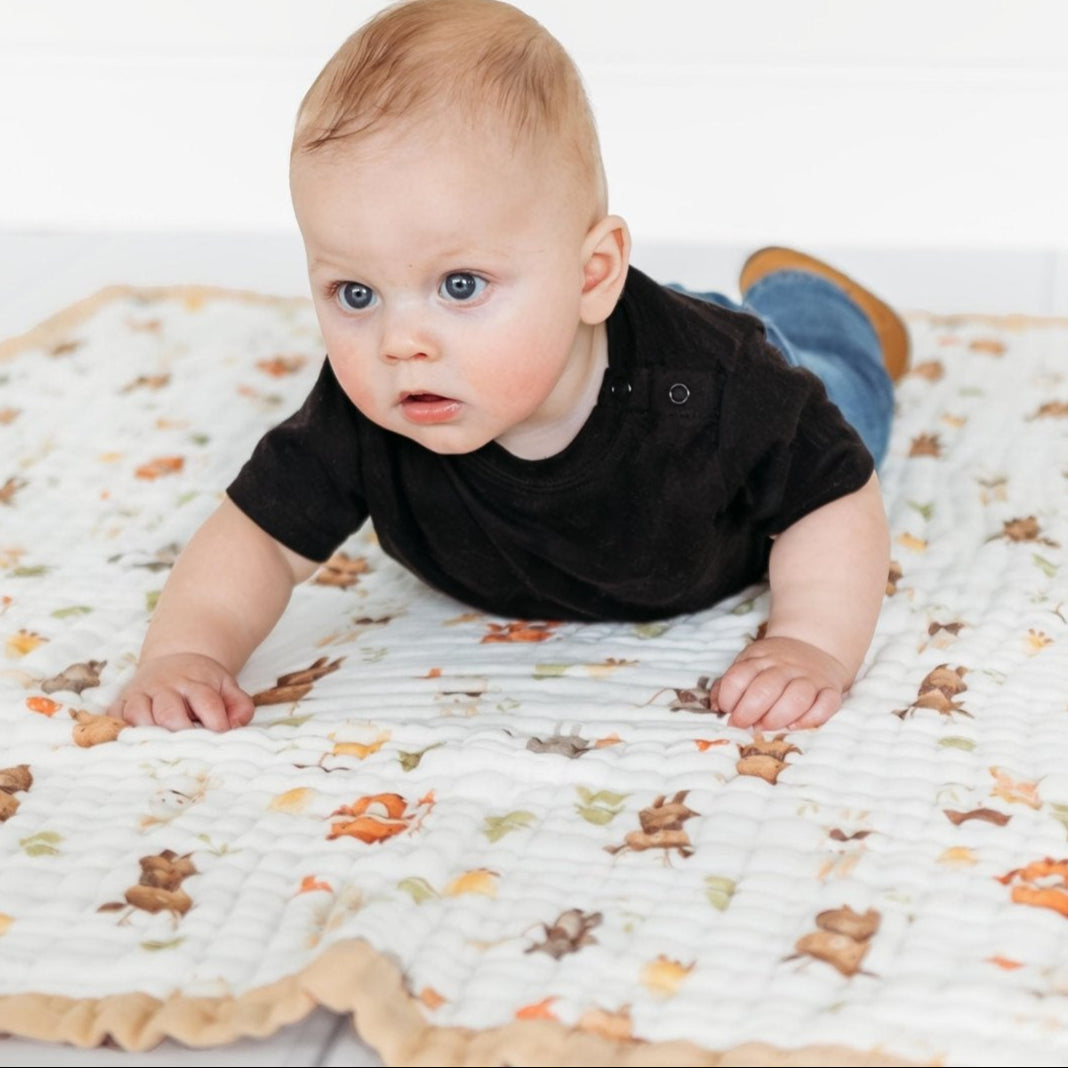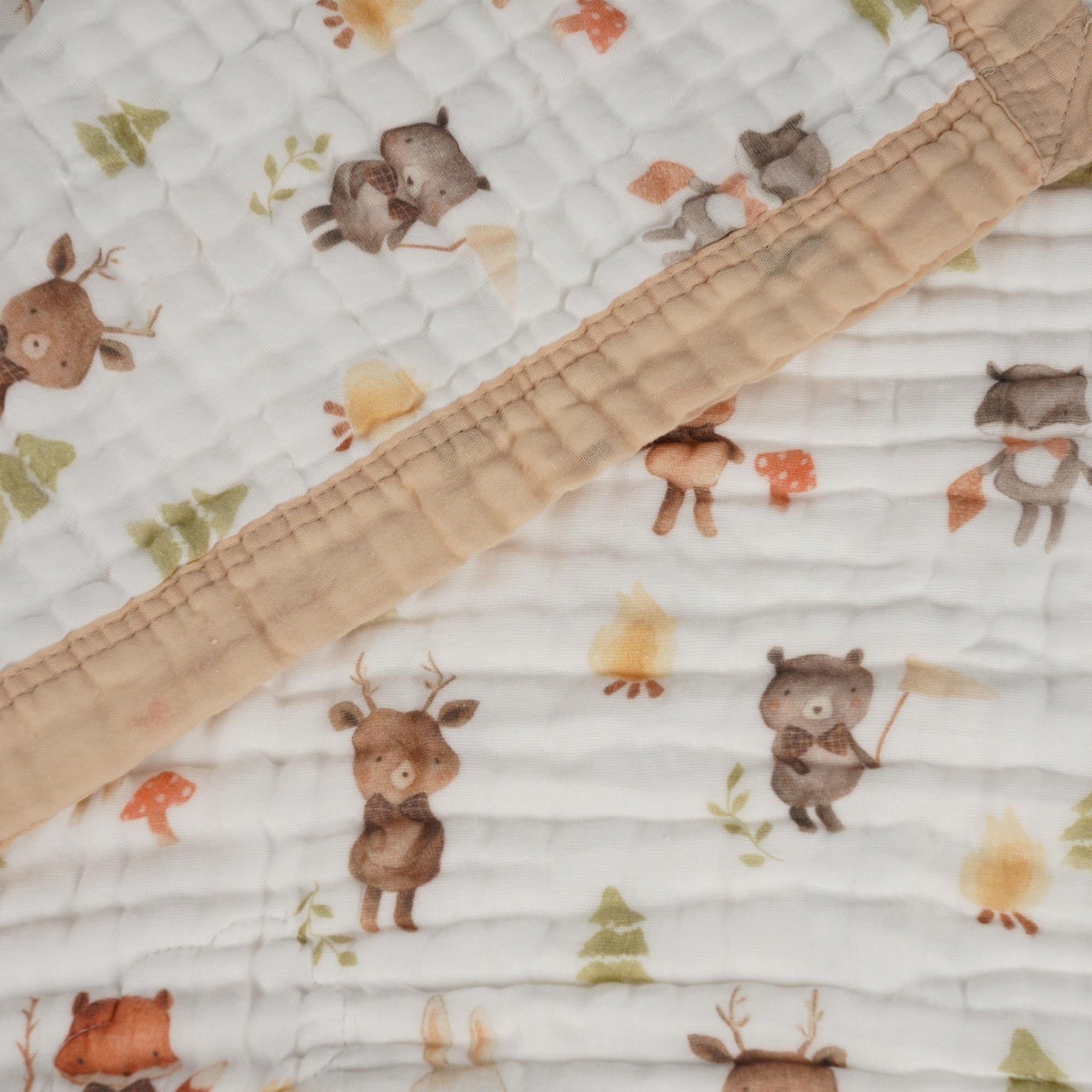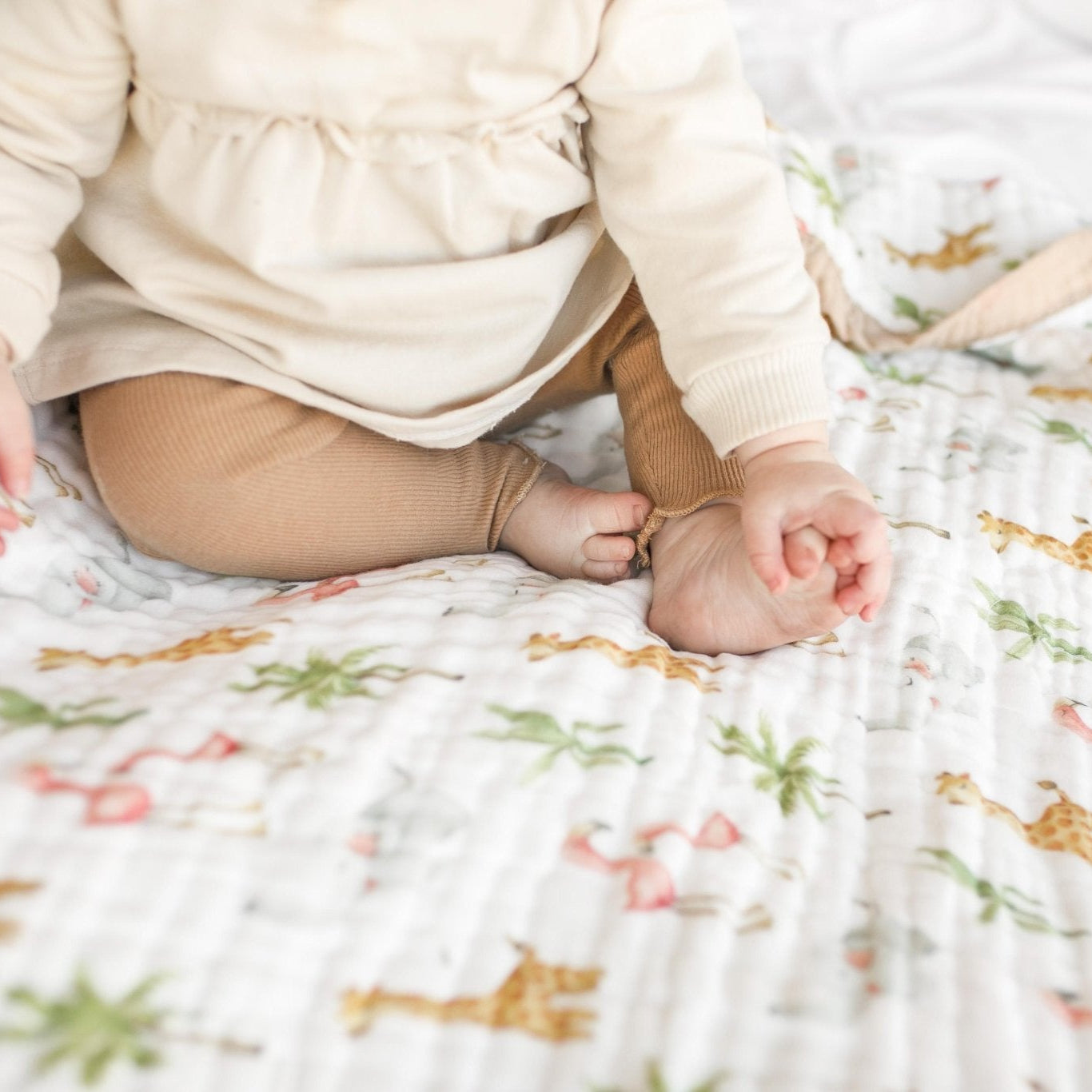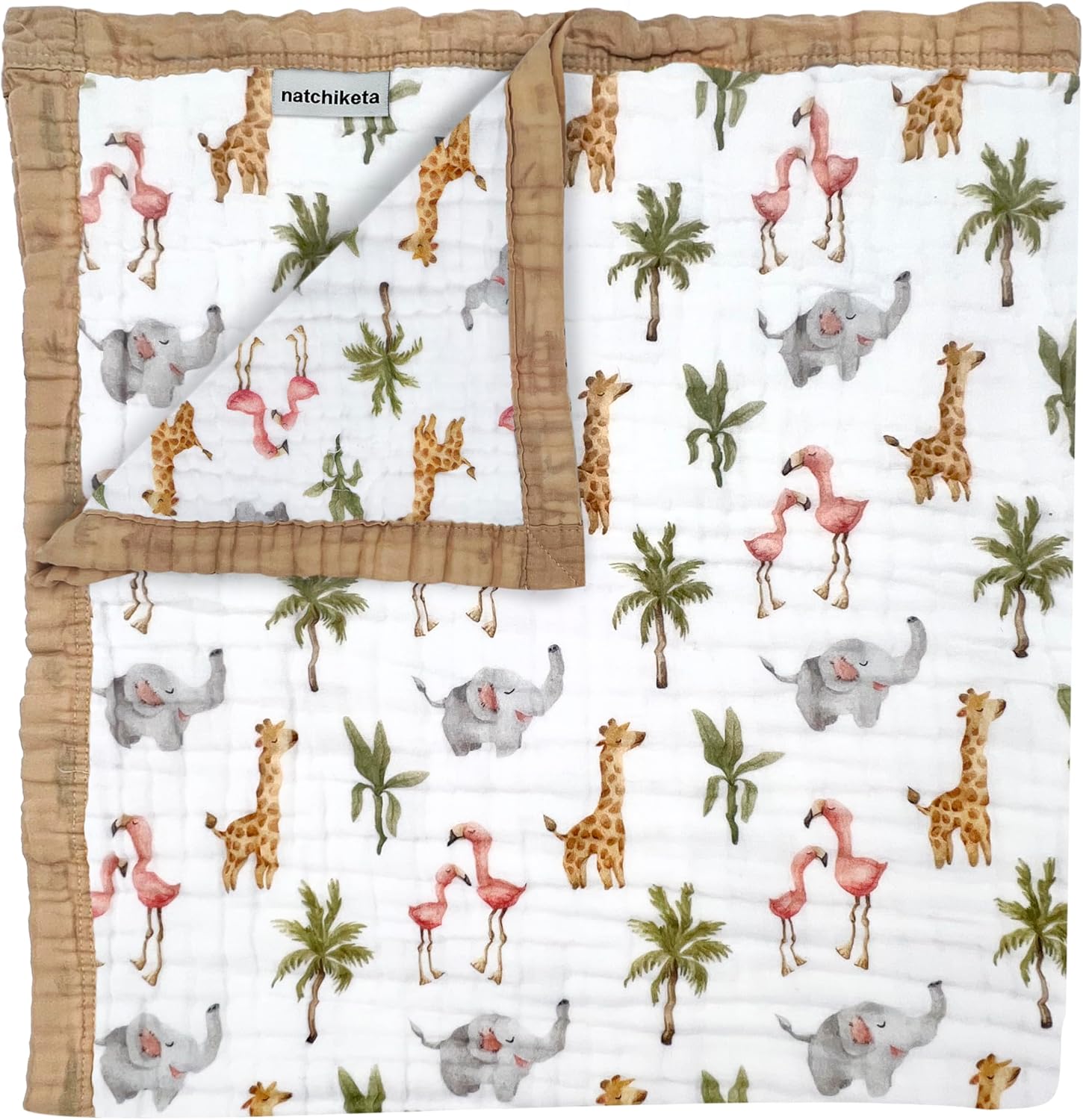1. Why Play Isn’t Optional — It’s Essential
Play is far more than a pastime — it’s how babies and toddlers make sense of the world, build emotional resilience, and develop essential brain pathways.
Here’s what the research shows:
-
🎓 Children retain up to 90% of what they learn through active, hands-on experience, compared to only 10% from passive listening (National Training Laboratories, 2021).
-
🧠 Imaginative play is linked to higher executive function skills, including focus, memory, and problem-solving (Pediatrics Journal, AAP, 2018).
-
🗣️ Social play improves language development and emotional self-regulation by age 3 (Harvard Center on the Developing Child).
-
❤️ Children who engage in frequent pretend play show increased empathy and creativity by early elementary years (Psychology Today, 2020).
At Natchiketa, we believe that play is sacred. Our products are crafted to invite imagination, sensory exploration, and bonding from the very beginning.
2. 8 Ways to Foster Creative Play
Here are fun, flexible ways to spark wonder, connection, and developmental growth at home or on the go:
-
Create a Story Blanket
Lay out your Natchiketa blanket, place toys or objects on it, and let your child create a story. Each corner becomes a new world. Bonus: Fold the blanket up at the end to "close the book." -
Build a Hideaway Fort
Drape the blanket over two chairs and let your child crawl inside with books, flashlights, or snack time. Forts spark imaginative, independent play and self-comforting. -
Host a Sensory Picnic
Use a muslin blanket for texture and layer it with items of different temperatures, smells, and textures (rice bins, wooden toys, etc.). This nurtures sensory integration and curiosity. -
Create a Magic Cape
Let your child wear the blanket as a cape and transform into a hero, explorer, or butterfly. Role-play boosts emotional resilience and problem-solving. -
Mirror Time with a Blanket Base
Place a small mirror on a Natchiketa blanket and let your baby observe their reflection. Self-awareness and visual focus are key early milestones. -
Movement Map Game
Use the blanket as a map or obstacle course—“Hop to the jungle corner!” “Roll to the ocean side!” You’re supporting gross motor skills and directional thinking. -
Nap & Narrate
Tuck your child in for quiet time and tell a personalized story about their day—on a blanket that smells like home. The safety of routine paired with storytelling builds secure attachment. -
Blanket Shapes & Shadows
On a sunny day or with a flashlight, fold or layer the blanket and explore shapes or cast shadows on the wall. This simple act stimulates spatial awareness and creativity.
3. The Science of Safe Spaces for the Soul
Children thrive when they feel safe. And safety isn’t just physical—it’s energetic. A child’s biofield (or energy body) is highly sensitive to texture, temperature, and tone. Natchiketa blankets are made from 100% organic cotton muslin, a breathable, natural material that supports comfort without overstimulating the nervous system.
They’re free from synthetics and harsh dyes, creating an environment that respects both body and soul. When a child plays with something familiar, they’re more likely to feel calm, creative, and open.
4. Play is the Language of Childhood — Let It Be Loud, Soft, and Everything in Between
From forming their first words to solving new puzzles, your child is constantly learning. But some of their most important growth happens when it looks like they’re just “messing around.”
Blankets become tents. Toys become characters. Rooms become jungles or castles. And your child becomes the narrator of their own internal universe—where emotional intelligence, social skills, and brain development blossom naturally.
With Natchiketa by your side, play doesn’t require much. It only asks for presence, possibility, and a little softness.


